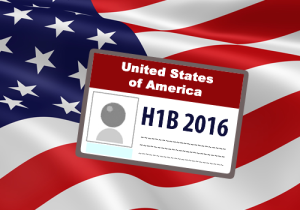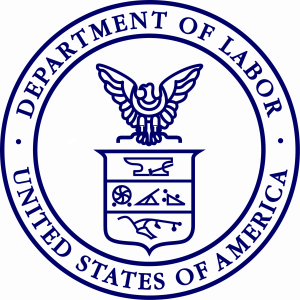Class Action for Late Employment Authorizations
The Northwest Immigrants Rights Project and The Advocates for Human Rights, using 3 immigrants as plaintiffs, have filed a class action lawsuit against USCIS. The lawsuit was filed in May 2015 and the organizations filing the lawsuit are seeking immigrants they can include in the lawsuit. The claim in the class action suit is that USCIS is taking longer than 90 days to adjudicate Employment Authorization Cards. Federal regulations dictate that USCIS must decide whether an applicant receives a card within 90 days of receiving the application. The lawsuit charges USCIS with not adhering to the mandatory 90 days.
Employment Authorization Cards are important for many reasons, chief of which is granting someone the legal authority to work. A person can apply for the card for a variety of reasons. Someone applying for an adjustment of status may want the card while the application is pending. An asylum applicant waiting 2.5 years for the interview can obtain the document and work. A VAWA applicant, qualified H-4 dependent, E-2 dependent, DACA recipient, and host of other categories of foreign nationals in the United States can benefit from the Employment Authorization Card. Not having possession of a valid card can have dire consequences for applicants, who need the card for legal work authorization.
The American Immigration Council has a call out for immigrants who believe they have been affected by late adjudications.
With this in mind, it is crucial to file for your employment authorization card as timely as possible. Most applications require a $380 filing fee, so it is important to file on time, meet the requirements, and plan financially.

 The Department of Labor is usually unforgiving of typographical errors. The smallest thing askew can sink an entire PERM application. BALCA recently
The Department of Labor is usually unforgiving of typographical errors. The smallest thing askew can sink an entire PERM application. BALCA recently